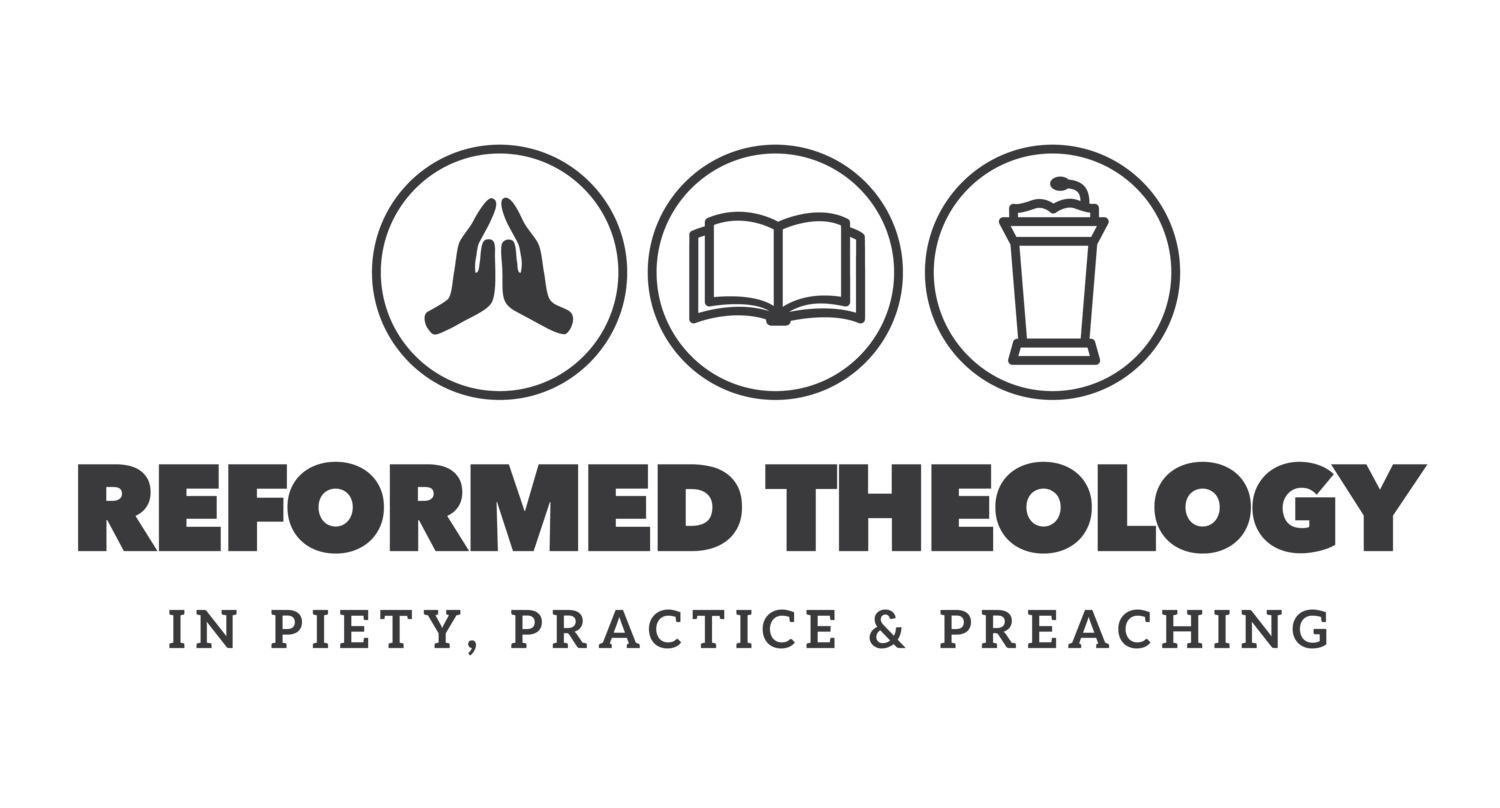During the sixteenth-century Reformation one of the standard practices for pastors was to preach lectio continua, chapter-by-chapter, verse-by-verse, through books of the Bible. At Geneva, for example, John Calvin preached from the New Testament in the morning and the Old Testament in the evening. Despite its common use during the Reformation there are many Reformed ministers who don’t preach lectio continua—they preach small topical series on this or that, or perhaps sections of books, such as sermons on the life of David or Abraham.
On the one hand, it’s definitely good and important that ministers preach the word of God. As simple as it may seem, there are too many ministers who ascend the pulpit each Sunday morning and do not preach the word—a sad but true fact. On the other hand, I think that some pastors are afraid to preach lectio continua for various reasons. But over the years I found a number of benefits to this method of preaching that, I believe, commend its use over other practices.
First, by preaching through books of the Bible you teach yourself and your congregation about whole portions of Scripture. Far too many people in the church, pastors included, do not know their Bibles. They have favorite verses or chapters, perhaps, but seldom are they familiar with entire books. What better way can there be to learn about Scripture than to preach through Romans, verse-by-verse? A side benefit of this is that the more you preach through books of the Bible, the better you will know it. Like compounding interest, your familiarity with the Bible will accrue. You will be better equipped for ministry, counseling, teaching, and preaching. You’ll reduce your sermon-prep time, for example, the more familiar you become with the Pauline corpus.
Second, there are some parts of the Bible that are absolutely necessary and foundational for other parts. Here I have in mind the Pentateuch—the first five books of the Bible. I believe every pastor should make it his goal to preach through the Pentateuch because it is so foundational for everything else in Scripture. Why does the genealogy of Jesus include Abraham’s name? Why was it more than medically dangerous for Jesus to touch lepers? What is the curse of the law? Why did John the Baptist baptize in the Jordan? Why does Jesus appeal to the Noahic flood as the paradigm for his own return at the end of the age? All of these questions find answers in the Pentateuch. Not only will preaching through the Pentateuch give you as the pastor a better knowledge of the Scriptures, but it will ground your congregation in them as well.
Third, it forces preachers and congregations to deal with texts that we might not find appealing, comfortable, or easy. When pastors do topical series, I suspect they will not choose passages that they find theologically difficult or problematic. For example, how many pastors ignore passages that deal with the doctrine of election? If we preach lectio continua, we must deal with whatever doctrines the text presents. We don’t have time for hobbyhorses, unless of course we’re ignoring the text. By preaching the text, it keeps us balanced. Sure, who wouldn’t want to hear about the love of God, but sometimes the text speaks about God’s wrath and justice and we need to hear about it.
Fourth, it was greatly relieving to know that I wasn’t on an “idea treadmill” to try and come up with new and “exciting” sermon series. I could rest knowing that the topic of my next sermon was waiting for me in the subsequent series of verses. In this way, one can say that God decides what you will preach!
Do these benefits mean that pastors should never preach topical sermons? No. I think there is plenty of room to do topical preaching. In a ten-year period, for example, a pastor will preach nearly 1,000 sermons (if he’s preaching morning and evening). There is more than enough room to preach a number of smaller series. However, I think the bulk of a pastor’s preaching should be devoted to lectio continua preaching for the reasons stated above. After a ten-year period it would be preferable, I believe, to have you and your congregation familiar with the Pentateuch and twenty books of the Bible versus a slew of forgettable topical series.
